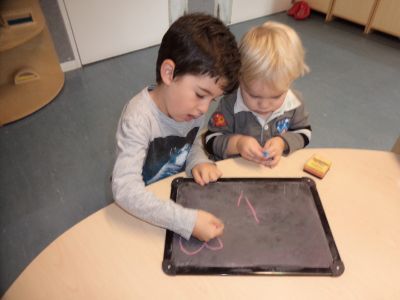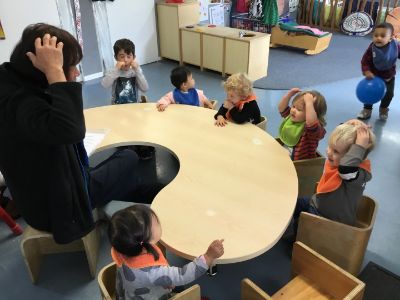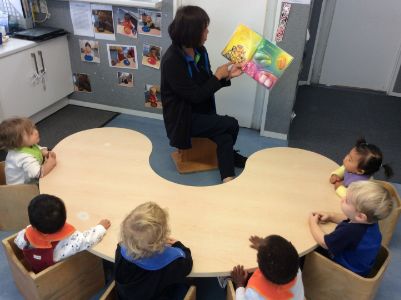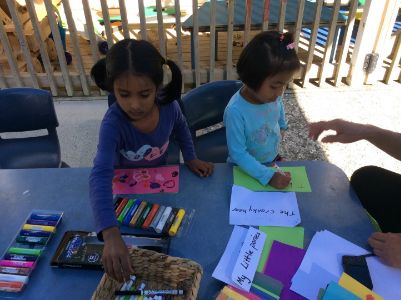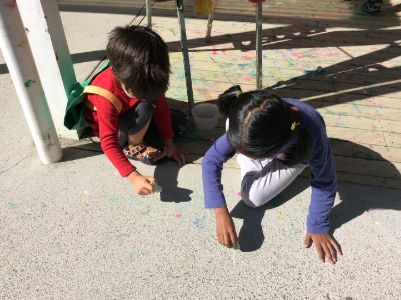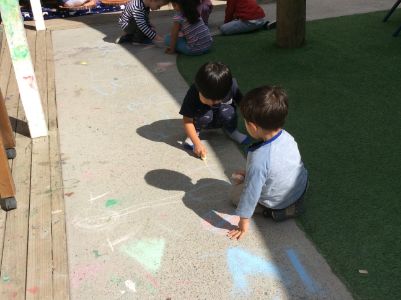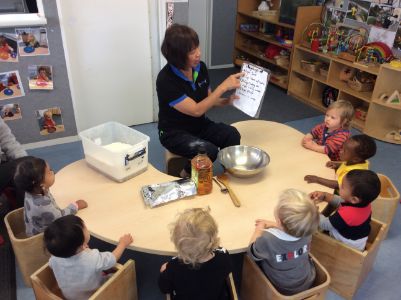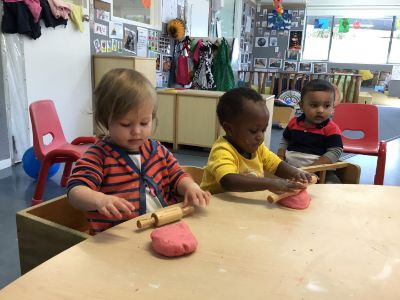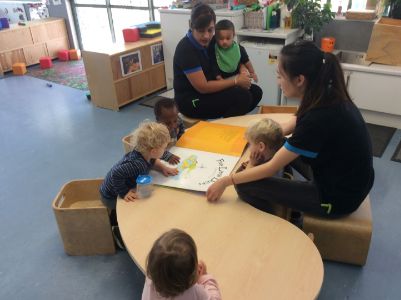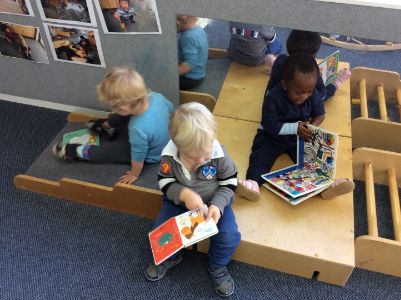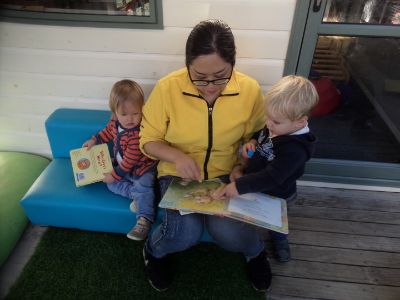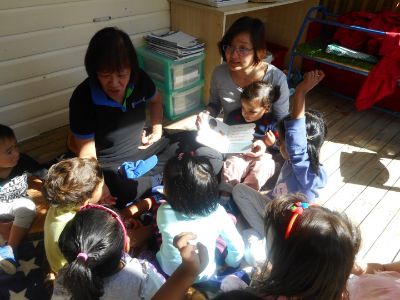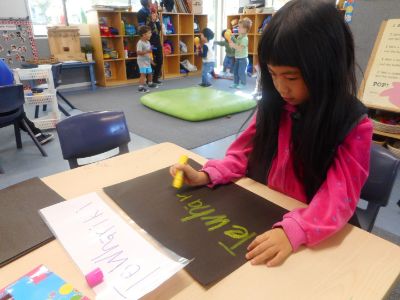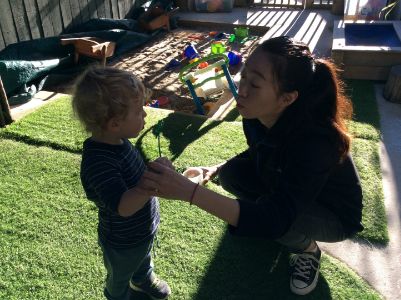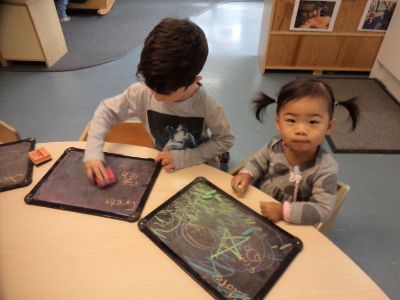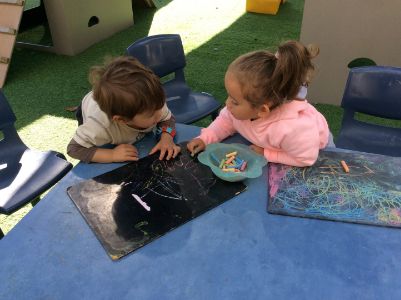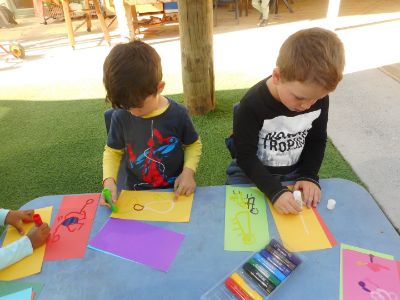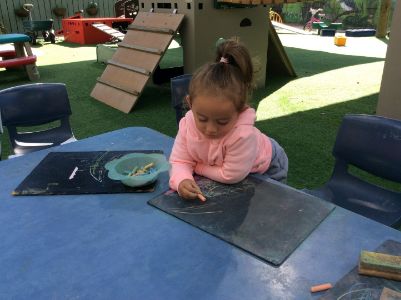LATEST STORIES
Literacy Week
Our annual Literacy Week at ABC Epsom highlighted how tamariki (children) acquire literacy skills through our centre curriculum.
Literacy is the ability to read, view, write, design, speak and listen in a way that allows you to communicate effectively.
The power of literacy lies not just in the ability to read and write, but rather in a person’s capacity to apply these skills to effectively connect, interpret and discern the intricacies of the world in which they live.
What you can do at home to support an interest in literacy for your child:
Studies have shown that children’s motivation and achievement improve when their parents are involved in their education. There are many everyday things you can do to encourage literacy learning. These include:
- sharing your knowledge and explaining how you use literacy in your everyday life
- encouraging your child to read and view a variety of texts such as books, newspapers, comics, magazines, websites, maps etc
- encouraging your child to write and draw and talk about letters and sounds of letters
- discussing new and unusual words or phrases and exploring these through print
- playing games that develop knowledge and enjoyment of words
- sing songs, recite poems, say nursery rhymes to help establish patterns of language, tone, intonation of voice and pitch
- visit local your local library for borrowing books and story times
- read at home with your child; talk about words, letters and pictures in the book
Most importantly, have fun with your child learning about letters, words, sounds, writing, drawing, speaking, story-telling and all other things to develop language and communication skills.



